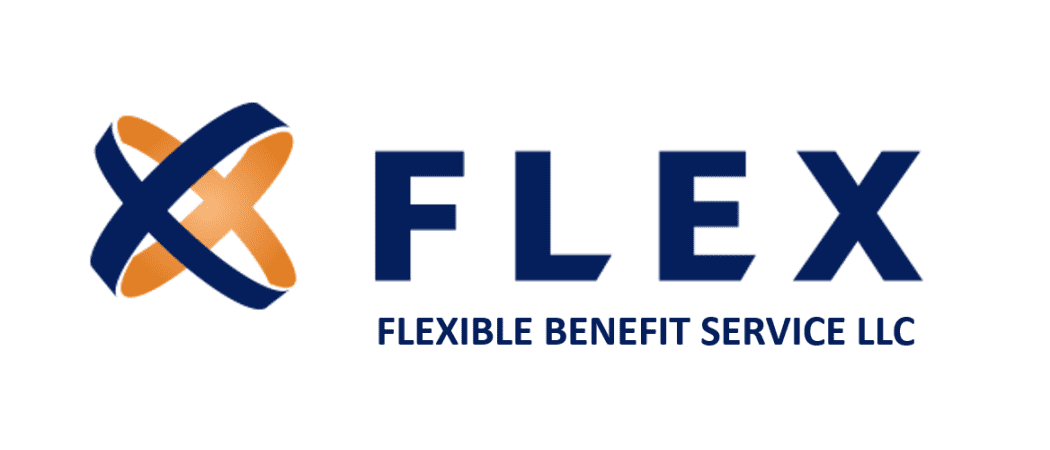Marketplace

Premium Only Plans
According to Section 125 of the Internal Revenue Code, employers who want to provide tax-free benefits to their employees must first establish a Cafeteria Plan. To establish a Cafeteria Plan, employers must prepare a written plan document which meets the requirements of Code Section 125. Because Code Section 125 is complex, it generally requires a third party who is familiar with the tax code to prepare a plan document that will meet the Cafeteria Plan requirements.
Failure to have a written document, or failure to operate a Cafeteria Plan in accordance with the terms of Code Section 125, disqualifies the plan. Plan participants will lose the tax favorable status of the benefits and any deductions taken would be treated as gross income for the participants.
Premium Only Plans save employees money on the benefits they're already paying for, including:
• Health
• Prescription
• Dental
• Vision
• Employee Group Term Life
• Group Disability
• Voluntary Benefits
• HSA Funding
Flex offers a stand-alone POP document for a one-time fee of $250.
Wrap Documents
The Employee Retirement Income Security Act of 1974 (ERISA) requires most employers who offer health and welfare benefits to maintain and distribute Summary Plan Descriptions (SPDs) to all plan participants. This SPD must include certain disclosures and information, such as when the employer may amend or terminate the plan(s).
Many employers are either unaware of this requirement, or they distribute documents that do not meet the SPD requirements laid out by ERISA. Certificates of Coverage (COC), Summaries of Benefits and Coverage (SBC) or general contracts issued by insurance carriers are not the same as ERISA-compliant SPDs.
Typically, these types of documents do not include all the required SPD provisions and disclosures. Insurance companies write their certificates and booklets to be compliant with insurance laws. It is the responsibility of the plan administrator (which is almost always the employer) to comply with the SPD requirements of ERISA. So, if the information provided by the insurance company does not satisfy the ERISA requirements, then how do employers stay compliant with the law? That's where Wrap Documents come in.
Wrap documents from Flex help you comply with the law. Our simple approach provides a plan document that 'wraps around' all ERISA health and welfare benefits and included required disclosures not in other plan documents, such as:
• When can the employer amend or terminate the plan?
• What is the allocation of duties and responsibilities between the employer and an insurer of third-
party administrator?
• What rights are participants entitled to under ERISA?
• Are benefits being elected disproportionately by top-paid employees?
Non-Discrimination Testing
The Internal Revenue Service (IRS) requires non-discrimination tests to be performed for certain plans and benefits. The purpose of these tests is to ensure the plan(s) do not benefit highly compensated and/or key employees more favorably than the rest of the employee population. To the extent they do, highly compensated and/or key employees may lose the ability to participate in a particular plan or benefit, or they may be subject to taxes on the benefits for which they elect.
The non-discrimination tests generally focus on:
• Eligibility: Are the same plans and benefits being offered to all employees?
• Contributions: Are employer contributions the same for all employees?
• Terms and Conditions: Are benefits made available under the same terms and conditions to all
employees (e.g. the same waiting periods)?
• Election Rates: Are benefits being elected disproportionately by top-paid employees?
Below are examples of some of the non-discrimination tests that Flex can perform:
Cafeteria Plan
• 25% Key Employee Concentration Test - Ensures that no more than 25% of plan elections are made
by key employees.
• Eligibility Test - Ensures there are enough non-highly compensated employees eligible to participate.
Health Care FSA
• Eligibility Test - Ensures there are enough non-highly compensated employees eligible to participate.
Dependent Care FSA
• 55% Average Benefits Test - Ensures that non-highly compensated employees are electing benefits at
a rate of at least 55% to that of highly compensated employees.
• 5% Owners Test - Ensures that non-highly compensated employees are electing benefits at a rate of
at least 55% to that of highly compensated employees.
Related Links
Other Flexible Benefit Service LLC Products
Subscribe to get Flexible Benefit Service LLC partner and product updates
